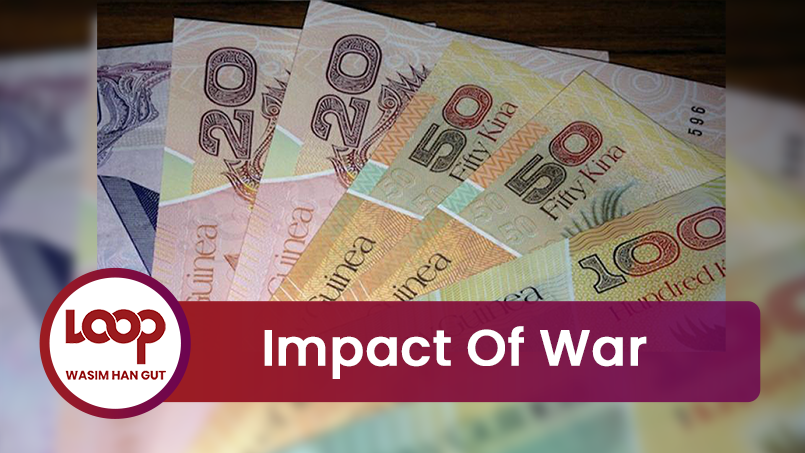
The 2022 National Budget has a planned expenditure of K22,174.8 million and revenue and grants of K16,190.2 million, resulting in a deficit of K5,984.7 million.
According to the Bank of Papua New Guinea (BPNG) Monetary Policy Statement, the deficit equates to 5.9 percent of projected 2022 nominal GDP. To finance it, the Government plans to raise K3,744.7 million in net external borrowing and K2,240.0 million domestically.
“Of the total net external financing, K708.2 million is from concessional sources and K3,056.2 million is from extraordinary sources, offsetting a net repayment of K19.7 million to commercial sources. The sources of most of the external extraordinary financing are yet to be identified,” said Acting Governor of BPNG Benny Popoitai.
“It is therefore important that the Government improve its revenue raising efforts and prudently manages its expenditures.
“Further increases to the crude oil and natural gas prices, in the event that the Russia-Ukraine war is prolonged, may have a positive impact on Government revenue.
“On the other hand, the increase in these prices and imported inflation may have the opposite effect,” stated Mr Popoitai.
Russia and Ukraine are major producers and suppliers of various mineral commodities, including crude oil, natural gas and gold, and food items such as grains and vegetable oils.
Disruptions to production and supply of these commodities, combined with the sanctions imposed against Russia would impact on global supply and prices.
“This poses a downside risk to the global growth forecast for 2022.
“However, PNG stands to benefit from the higher prices of the mineral commodities, while the increase in oil price and imported inflation would result in higher domestic costs, if the war drags on’ Popoitai says.
